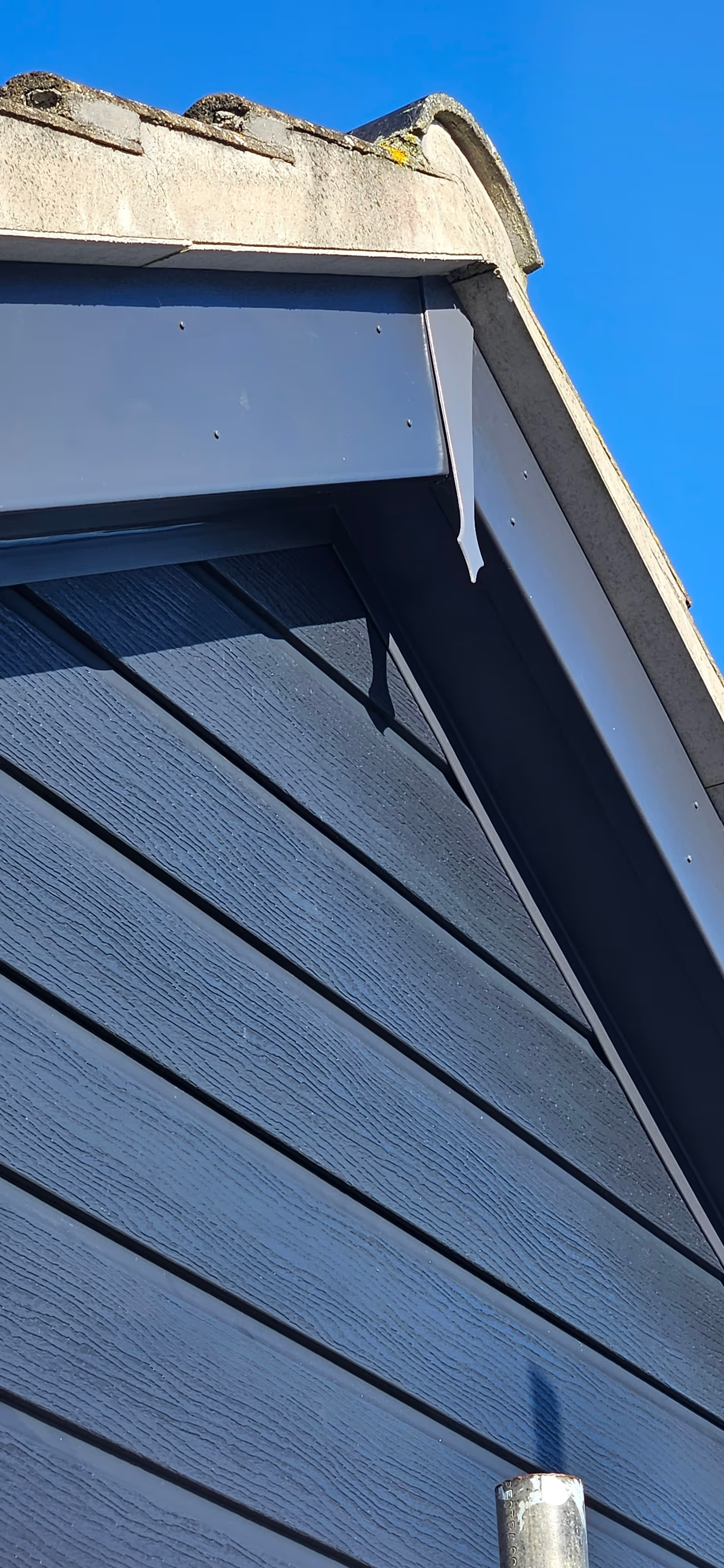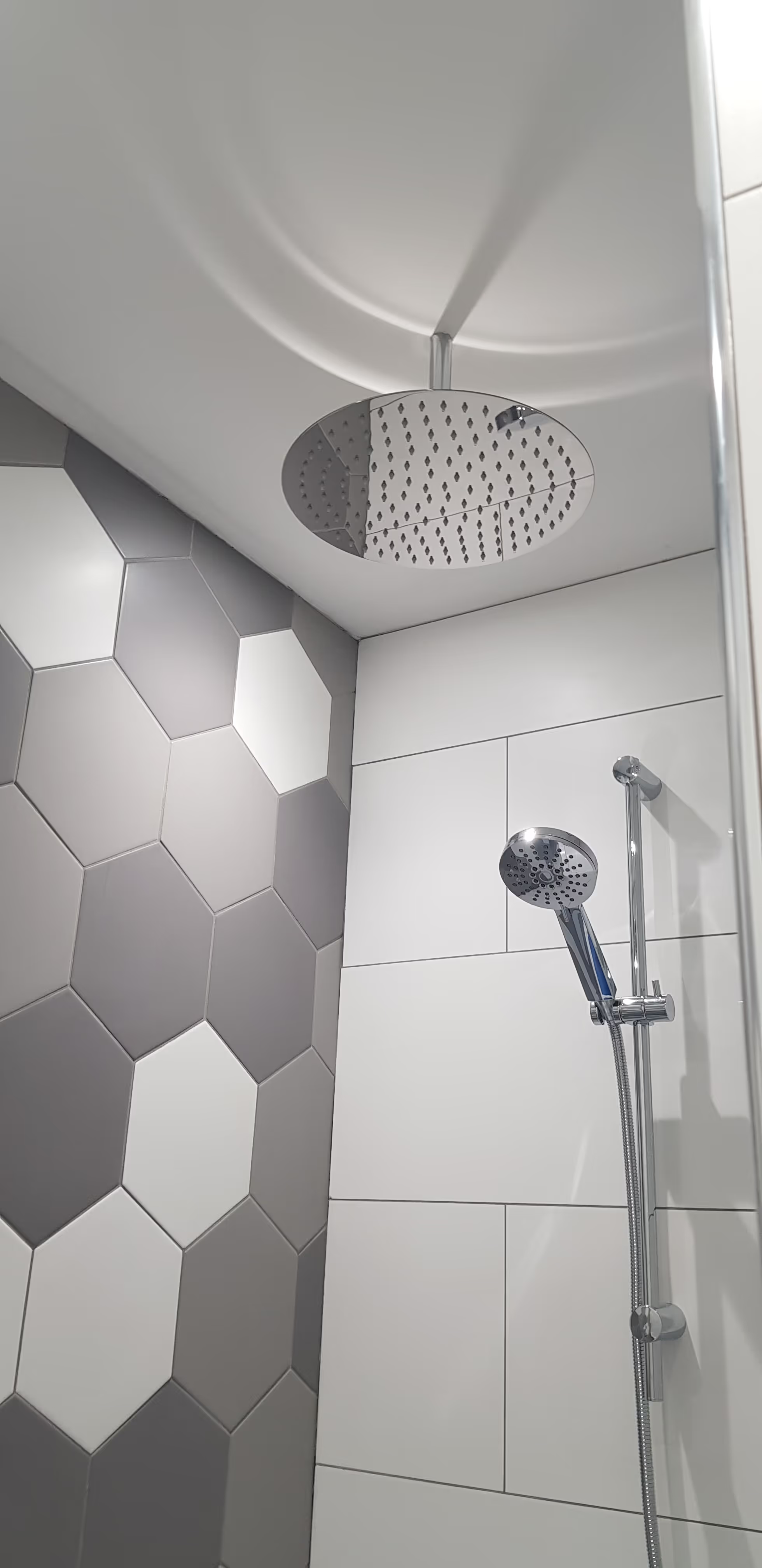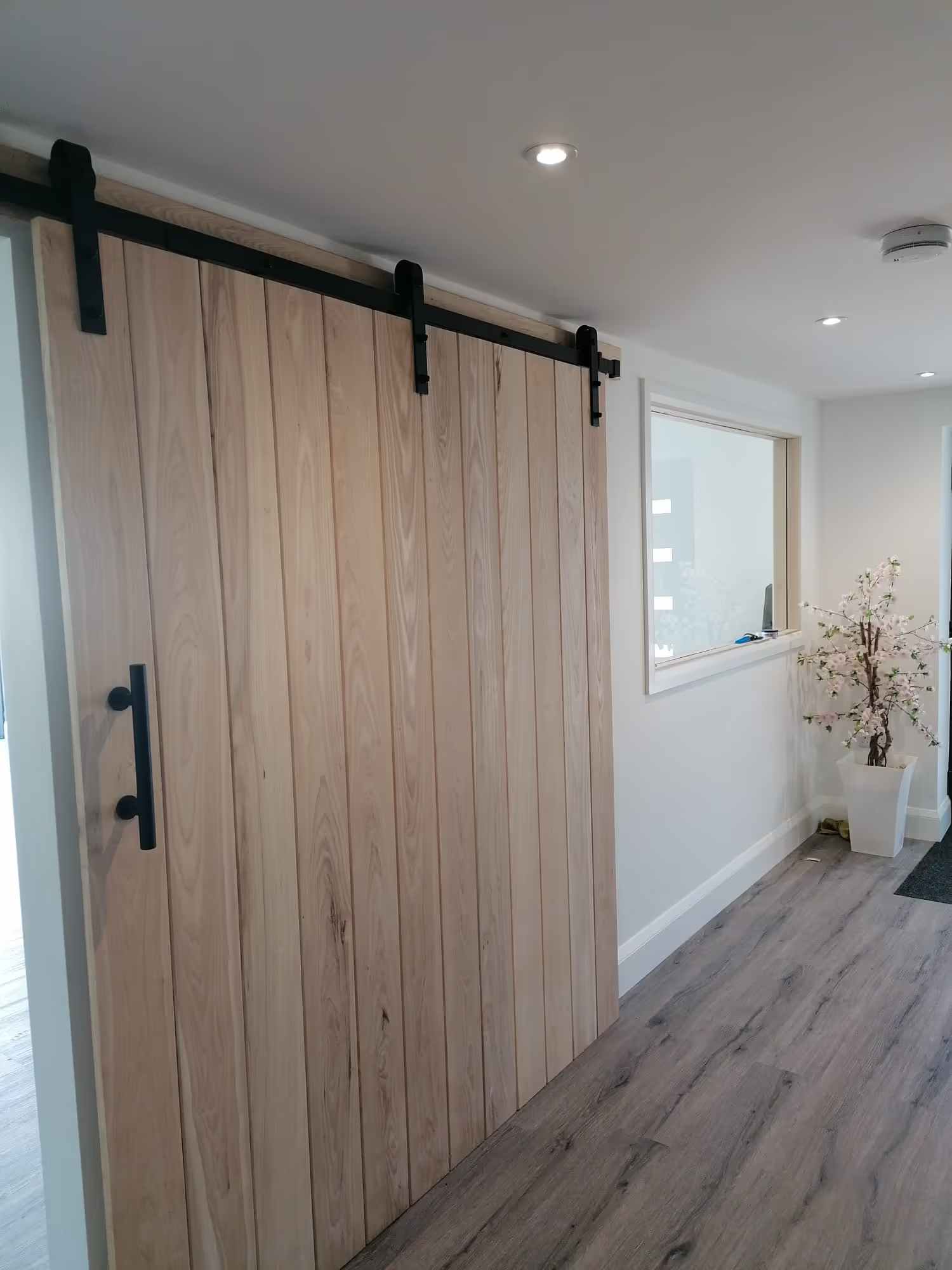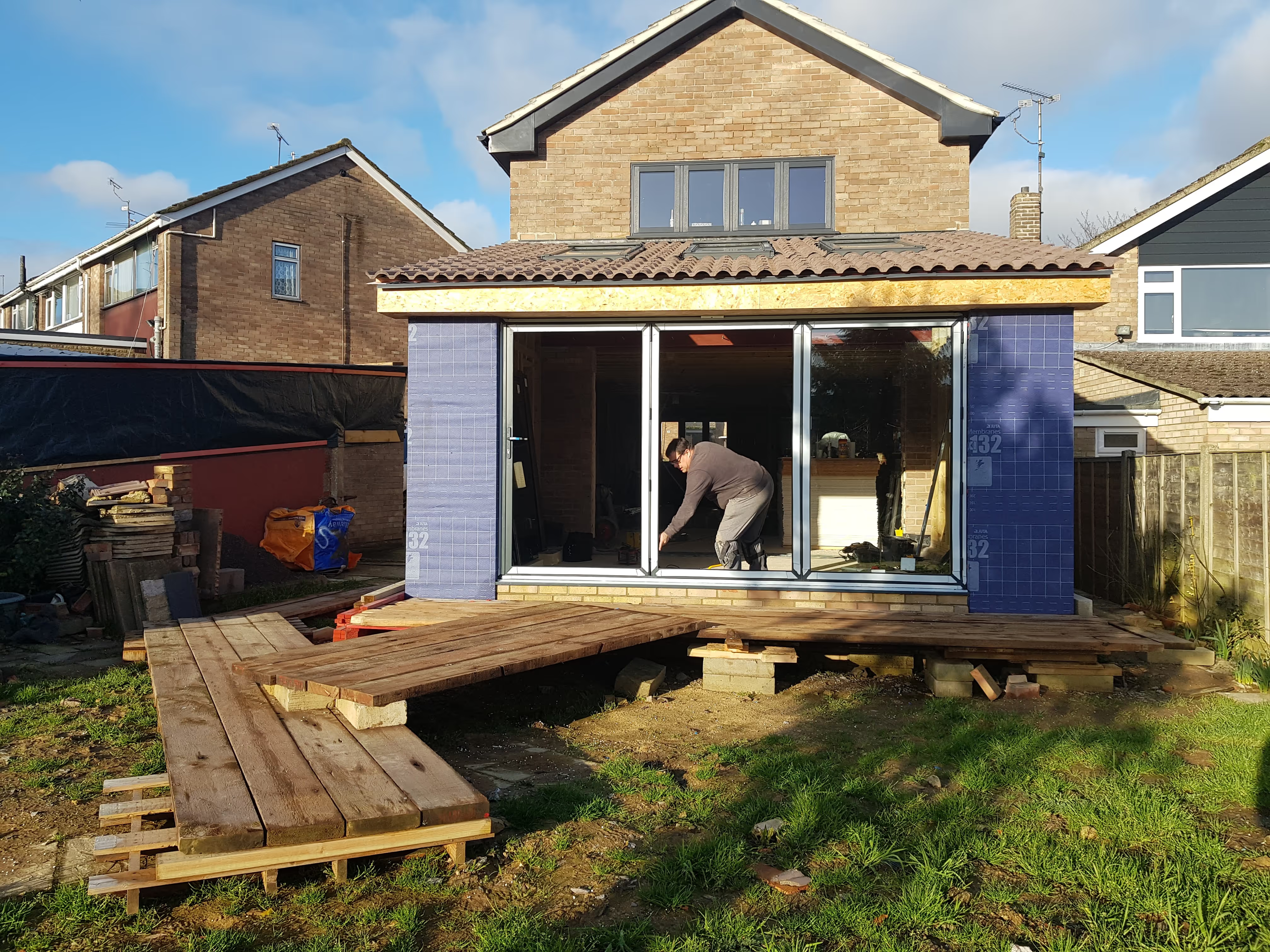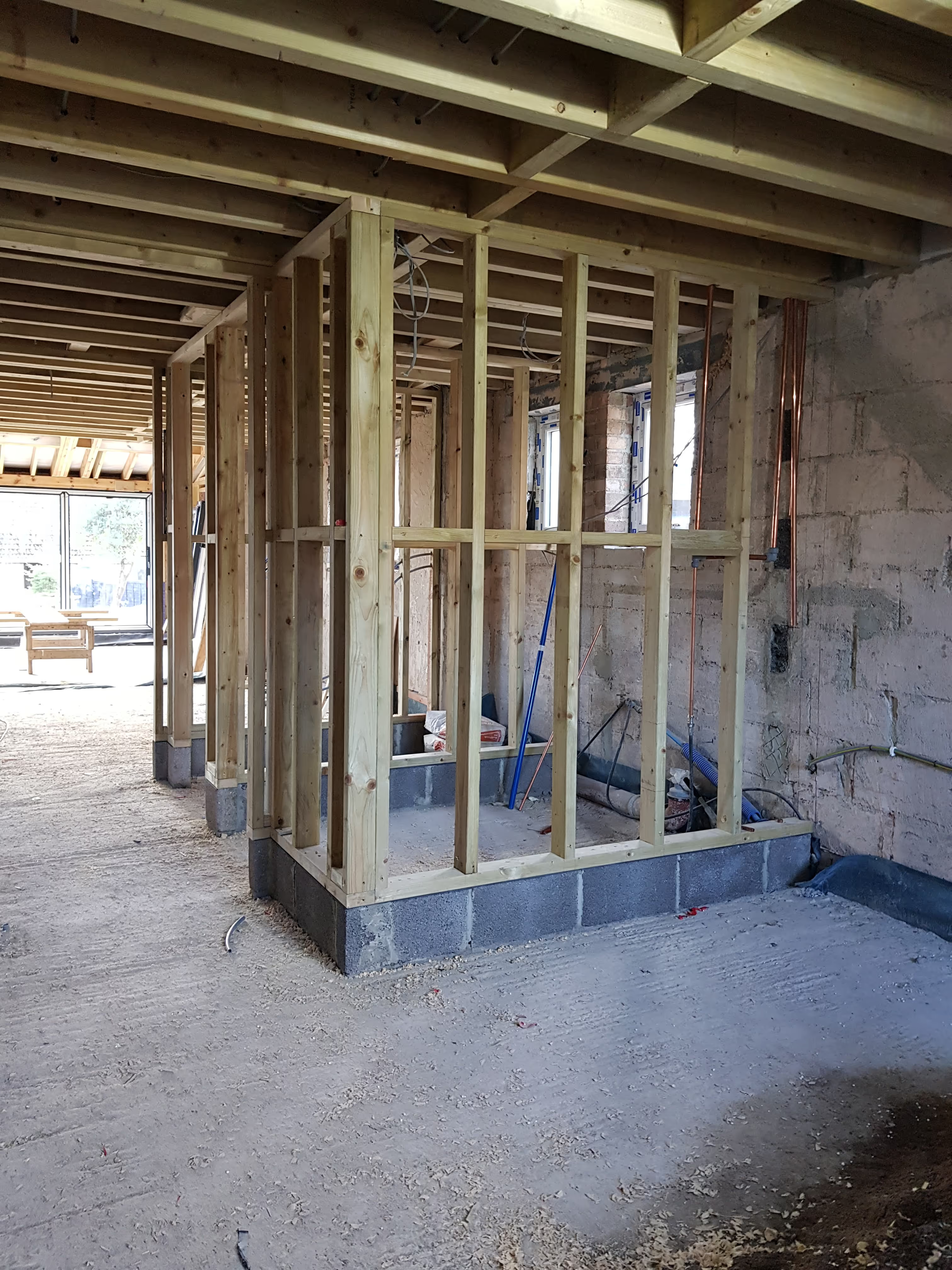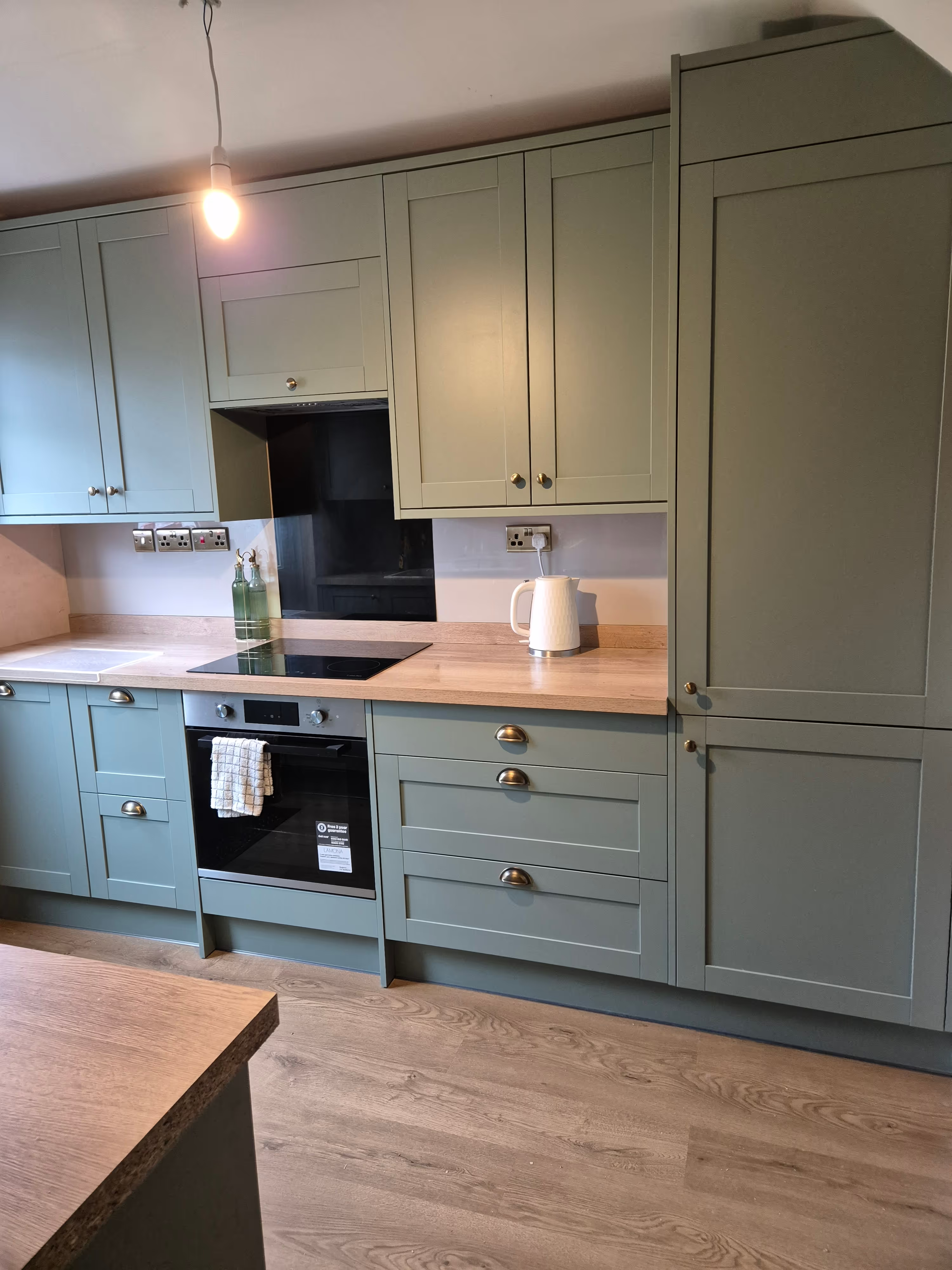Barn conversions can create stunning and unique living spaces that combine rustic charm with modern comforts. Whether you're looking to create a countryside retreat or a spacious family home, converting a barn offers a fantastic opportunity to craft something truly special. However, barn conversions also come with unique challenges and considerations. Here are the key factors you need to think about before starting your barn conversion project.
1. Planning permission and regulations
Before beginning a barn conversion, securing planning permission and understanding building regulations is crucial. Barns are often located in rural areas, and converting them to residential use may require permissions that aren't always straightforward. Speak to your local planning authority to understand what permissions are needed and whether any restrictions apply to your barn.
In addition to planning permission, you'll need to ensure your conversion complies with building regulations. This includes meeting requirements for structural integrity, insulation, electrics, and fire safety. Working with an experienced architect or project manager who understands these regulations can help ensure your project stays compliant.
2. Structural integrity
Barns were originally built for agricultural use, meaning they may not be structurally suitable for residential purposes without significant modifications. Before proceeding, it's essential to have a structural survey carried out to assess the condition of the barn. This will help you understand what work needs to be done to strengthen the structure and whether any repairs are required.
Elements like the foundation, roof, walls, and timbers should be carefully examined. Barns often have old or damaged timber frames, and these will need repair or replacement to meet modern residential standards. The cost of structural work can be significant, so it's important to have a clear understanding of what's required before proceeding.
3. Budget considerations
A barn conversion can be an expensive undertaking, and setting a realistic budget is one of the most critical aspects of the project. Costs can vary significantly based on the condition of the barn and the complexity of the conversion. When planning your budget, be sure to account for:
Structural repairs
Costs for reinforcing or repairing the barn's structure.
Utilities
Connecting utilities like electricity, water, and sewage to a remote barn can be expensive.
Materials
Consider the cost of materials, including roofing, insulation, and bespoke windows.
Contingencies
Always set aside 10-15% of your budget for unexpected costs. Conversions often uncover issues that weren't initially apparent.
Getting detailed quotes from builders and contractors can help you better understand the costs involved and ensure you have a budget that matches your vision.
4. Preserving character
One of the main appeals of a barn conversion is the unique character that barns offer. Features such as exposed beams, brick or stone walls, and high ceilings are integral to the charm of a converted barn. When designing your conversion, it's important to strike a balance between modern comfort and preserving the barn's original features.
Work with architects and designers who understand how to retain the character of the barn while making it suitable for residential living. This might involve keeping the original timber frame, using reclaimed materials, or incorporating large windows to maintain the open feel of the original space.
5. Insulation and energy efficiency
Barns were not originally designed for residential comfort, which means they often have poor insulation. To make your barn comfortable and energy-efficient, you'll need to invest in high-quality insulation for walls, roofs, and floors. The large open spaces typical of barns can make heating challenging, so you may want to consider underfloor heating or other energy-efficient solutions.
Additionally, many barns have limited natural light, and adding large windows or roof lights can help create a bright, welcoming atmosphere while reducing the need for artificial lighting. Energy efficiency should be a key consideration in the design to ensure that your new home is comfortable year-round and has manageable energy costs.
6. Access to utilities and services
Unlike traditional residential properties, barns are often situated in rural or remote areas. This can make connecting utilities such as electricity, water, gas, and sewage more challenging and costly. Before starting your conversion, determine whether these services are available in the area and how much it will cost to connect them to your property.
In some cases, alternative solutions may be needed. For example, you might need a septic tank if the barn is not connected to the local sewage system, or you may need to install a borehole for water. Factoring these into your budget and timeline is essential for avoiding surprises during the project.
7. Hiring the right professionals
Barn conversions require specialist skills that differ from those used in traditional home building. Hiring the right professionals is essential for ensuring the success of your project. Consider working with architects, builders, and tradespeople who have experience with barn conversions and understand the unique challenges involved.
An architect with experience in barn conversions can help you create a design that retains the character of the building while making it suitable for modern living. Similarly, hiring builders who have experience working with older structures will help ensure that the work is completed to a high standard and that any structural challenges are properly addressed.
Conclusion
Barn conversions are a wonderful way to create a unique and characterful home in Somerset's beautiful countryside. However, they come with their own set of challenges that require careful planning and consideration. From securing planning permission to managing your budget and preserving the building's character, every aspect of the conversion needs to be thoughtfully addressed to ensure a successful outcome.
By understanding what to consider before starting a barn conversion and working with experienced professionals, you can create a stunning home that blends rural charm with modern comfort. If you're ready to embark on your barn conversion journey, get in touch with our team today for expert advice and guidance throughout the process.






